SummaryCity: Barcelona University: Barcelona Graduate School of Economics Airport Rating **** Reception of locals *****
I've always wanted to study abroad. Not only is it a different way of learning, but it also helps compare and contextualise the way you've been taught against the way others have been taught and this is important in an increasingly globalised workplace. Now, I didn't study abroad for a whole degree, or even a one year course, but I did join a summer school in Barcelona to do a course in Economics that was (thankfully) paid for by my work and it gave me a little insight of how things are done on the continent and it proved to be a real eye opener. The UniversityThe University that I attended was the Barcelona Graduate School of Economics. The institution is the 5th highest rated Economics research university in Europe and the 12th best in the world so I knew it was quite a prestigious place to attend. My workplace has sent a few people for various summer schools or degree programmes and I already knew someone out there who was doing a one years masters programme who promised to show me around the city a little too while I was there. As I've mentioned in posts from Thailand, Singapore and Chile, its always great to know someone who knows the local area quite well. The university campus is right in the city centre, next to the impressive Parc de la Ciutadella and Barcelona Zoo and is built like your typical city centre campus with buildings spread around a small area. The Graduate School itself is a smaller part of the larger university complex. It still works very well though, close to all the main sights but still in its own little bubble. Most students hang outside the main library which is an impressive Roman style building that also extends underground. Infact its so large that my friend had to give me a tour of the building. The library, originally built in 1874 with 12 metre high brick work vaults is the most impressive university library I have ever been to and I spent a fair bit of time exploring and doing my work in there. Just outside is a large courtyard where most of the students catch up with their friends or do some work with a WIFI network that extends throughout the campus. The courtyard backs onto a subsidised cafeteria. The CourseIts been about half a decade since I left university and in that time I've managed to work for two large companies and I figured going back to university would be a walk in the park, but I hadn't quite figured out just how quickly technology moves on. Before I even started I got a message telling me that they wouldnt be printing lecture notes and that all the notes would be available on cloud storage, therefore I'd have to bring my laptop with me. Without trying to sound like an absolute dinosaur, when I was doing my masters, about 3 or 4 people would bring in their laptops and their annoying clicks all the way through lectures really used to get on my nerves. Now, not only would the whole class be doing it, but I'd be part of the group that I once disliked. My work had booked a hotel pretty close to the university so I didn't have to walk too long to get there. On the first day I had to register, so arrived a little earlier to collect my welcome pack. Looking around I could see people, some in their early twenties, others in their forties all looking a little nervous. I'd almost forgot this feeling, it was time to pick a human I thought I could get along with and make friends. I saw one guy sitting at the back of the lecture theatre and thought he looks pretty normal, and struck up a conversation. Turns out he was an Argentinian who worked for the Mexican Central Bank and knew a fair bit about football, which is always an easy connection to make. After the first lecture me, him and a German guy became good friends throughout our period in the summer school and have remained in contact since. The lecturers were really good, everything was in English and the students, especially the European ones, were very engaged in the lecture, something you rarely see in England, it was as impressive as it was sometimes annoying. For their part the lecturers encouraged interactive learning and that was something I think English institutions can learn from. I don't think I have ever managed to pay attention for more than 20 minutes in any class, but this was quite interesting. It gets hot in Spain and in the early afternoon pretty much everything closes down, so all my lectures were in the morning meaning I was pretty much done at 1:30 everyday, leaving me with a free day. The university did put on a number of socials to ensure we met different people by the beach and on campus. They weren't all as good as the original guys I made friends with. I got to a social pretty early one of the days and got speaking to an Italian guy who thought Margaret Thatcher was a good person. I pretty quickly walked away from him, only to find myself speaking to a guy from India who thought women had too much freedom. Needless to say I breathed a sigh of relief when the others finally turned up. One of the things I remember most about university was staying up late or going out and then being an absolute mess in lectures the next day and this was no different. Between meeting my friend from back home and going on socials, I really did struggle in the mornings, but always made it. One particular social had the three of us joined by a Mexican colleague of my friends. I've met some thirsty people in my life but this guy was completely different. Every second word was about girls. When we got to a bar in the Gothic Quarter he disappeared to talk to a girl. We saw him the next day and he told us she eventually rejected him. I can't say I was too surprised. Nice guy, but when you have only one thing on your mind, chances are it isn't going to end well. On another occasion I met with my friend who had been in Barcelona for a year studying for her masters. She took me with her to a few student bars to watch a couple of games at Euro 16. I've always found the atmosphere of watching football in bars or stadiums different in mainland Europe than England. You can read about my visit to the Nou Camp here. There is a lot of passion but it seems to be channeled in a more fun way. That being said, being the only guy from England for the England v Iceland match was a little embarrassing, although that was soon beaten by a Panjabi guy asking me to buy her a rose from him. One of my favourite memories from the whole trip was eating a vegetarian kebab on the steps of the Post Office at 2am talking about pretty much everything. She lives in the Gothic Quarter and showed me her apartment which gave me a view into city centre living. The rooms are quite small but there is nice charm about the place. Standing on her balcony, she told me she often just shouts across to her neighbours and they have conversations that everyone can hear. I couldn't imagine that back home. The CityIt was my third visit to Barcelona, however, it was the first time I would have time on my own and the first time it wasn't a stag party so I really got to spend some time exploring the city.
Along with Cusco and Chiang Mai, its one of my favourite cities in the world as the locals are generally quite friendly and there is a lot to see and do. From a beach every bit as good as the Copacabana in Rio, to a city that rivals Siem Reap, Madrid and London for culture, Barcelona has it all. One thing that I would definitely recommend is hiring a bike, they are relatively cheap and a good way of getting around the city. Barcelona has cycle lanes pretty much everywhere and it was one of the best things I could have done. The city has a number of main quarters, my favourite was the Gothic Quarter. The area is one of the oldest in the city and has buildings dating back to medieval times. The Barcelona Cathedral and City Hall are two buildings in particular that stood out, but it is the general feel of the area and the narrow passageways, especially at night, that really do make you feel as though you have been transported to another time. The Gothic Quarter however backs onto one of my least favourite parts of the city La Rambla. Some people really like it, I honestly don't get it. To me it feels like the equivalent of Leicester Square so I didn't spend too long there. However, off one of the side streets of La Rambla is a Gurdwara right in the city centre that I visited. My brother spent a number of months in Tanzania as part of his medicine degree and told me it was completely different from England until he walked into a Gurdwara in Dar es Salaam and heard people speaking in Panjabi. I know it sounds a bit strange but as soon as I walked into the small building, which you could easily miss from the outside and heard someone speak Panjabi, I could have just as easily been in a Gurdwara in Wolverhampton or Birmingham. I sat down and managed to speak to the Giani (give of knowledge) about the size of the Sangat (congregation) and the reception of locals to Sikhs. He said a lot of international Sikhs come to the Gurdwara, as well as locals, both Panjabi and Spanish. A lot of local yoga students also use the Gurdwara to meditate which I found quite nice. He said the local people are very welcoming of Sikhs and they even have a Nagar Kirtan. Spain is known to have a problem with low intensity racism. Its not the aggressive racism you might get in other countries, but its the kind of everyday racism where generalisations are made. I noticed it a little bit, definitely not to the extent I had in Madrid, but there was definitely judgement. Racism here, as in Dubai (and I believe more globally) is actually just a prejudice against perceived wealth. In Dubai I saw poor Indians treated worse than animals and rich Indians treated like kings. Once people here realise you are a tourist, they are all smiles. Thats one thing, unfortunately, I didn't like. However, there is a large Panjabi population in Barcelona, and I found myself speaking as much Panjabi as I did Spanish. One of my favourite places in Barcelona is Bunkers, an old anti-aircraft world war two era construction recommended by a few people. At the top of a hill in the El Carmel district, its a bit of a hike to get up to but well worth the views. About two thirds of the way up there is a bridge across a valley that gives you an amazing view of the city and then a short climb gets to you the top. You can see everything, the port, the beach, Sagrada Familia, Torre Agbar and all the other parts of the city. I sat there for quite sometime taking the view in. The Bunker is a short walk from Park Guell, a park built between 1900 and 1914 by Antoni Gaudi, the architect of modern Barcelona. The park is a testament to his imagination, with buildings in all sorts of shapes, sizes and colours. For more information about Gaudi structures across the city, read my entry on Barcelona here. Gaudi's great, unfinished masterpiece is the magnificent Sagrada Familia, a large Catholic Church which began construction in 1882 and is still not completed. Relying on private donations, and delayed by periods of war and recession progress is slow, and in fact it is the longest construction project in the modern world. Its absolutely incredible from the outside, very large with tall spires that seem to extend into the sky. The detail on the finished parts of the exterior is amazing, but its when you walk inside that your jaw really drops. I've never seen anything like it in my life, the details, the colours, the design. I bought the tickets that allowed me to venture into the towers and the view from there is quite good, although not as good as the one from Bunkers. However, walking down the narrow and winding staircases is pretty incredible,. It might be one of the most famous tourist places in the city but I would definitely recommend visiting it. I spent the a full hour walking around, jaw on the floor. The Torre Agbar is another famous landmark in Barcelona. The only way to describe it is as larger version of the Gherkin. In the day its a little dirty and not all that special but at night, with the lights of the city it looks pretty spectacular and you can see from most parts of the city. Just opposite the tower is a place where people can sit down and as I climbed to the top I saw perhaps the best night view I had seen as I could see for miles around, from the Gothic Quarter, to the Monastery at Montserrat. There were also very few people as the structure is quite well hidden away. Barcelona will always be one of my favourite cities in the world, and studying there opened my eyes to some of the opportunities that I had missed and some still open to me. I met a guy from Sweden who told me masters degrees in his home country are free and they get a lot of students from Europe. Not only that but their two year courses allow you to visit partner universities across the world. Our institutions of learning just seem to be so far behind, even though we get charged a ridiculous amount. The fact that courses are taught in English and learning is interactive, had I known this earlier, I probably would have attended a European university. The one thing my friend did tell me was the support network isnt as good. If you are ill, or have a family problem, there is not much you can do here while back home you can put in a note for pretty much anything. There is alot of independence in learning, something I definitely wasnt ready for at age 18. However, that to me is a small trade off for the way things are done in mainland Europe. Comments are closed.
|
AuthorBritish Sikh, born in the Midlands, based in London, travelling the world seeing new cultures. Categories
All
|
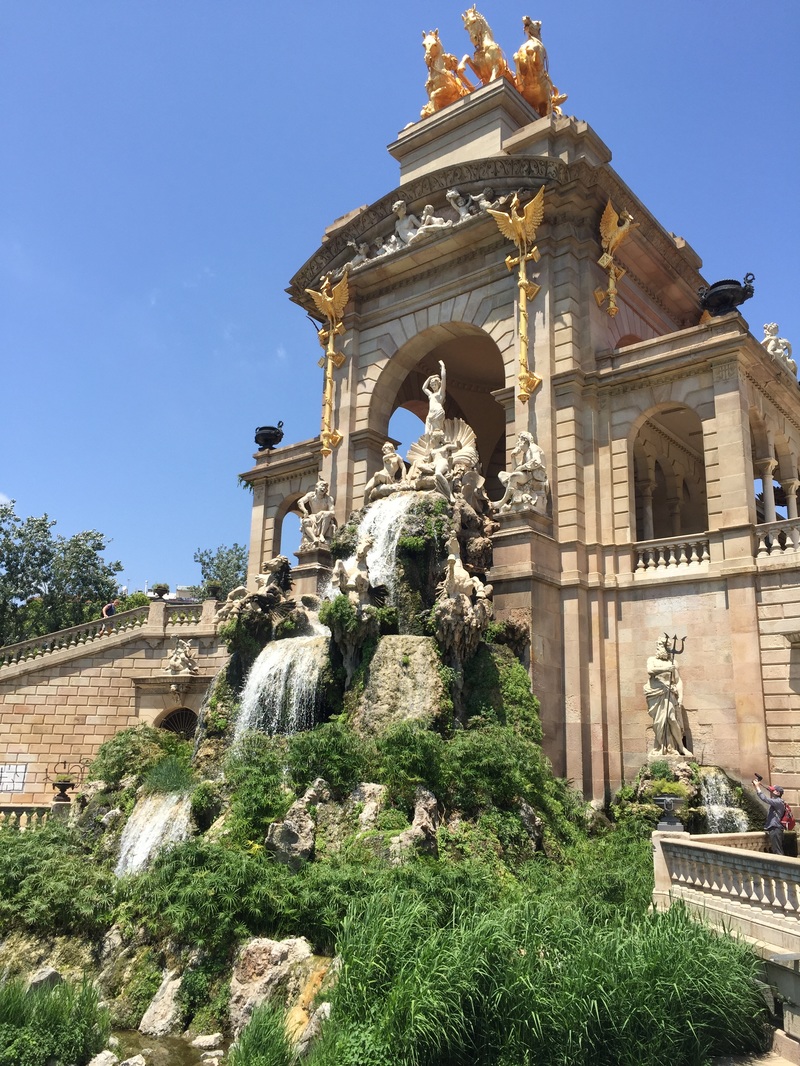
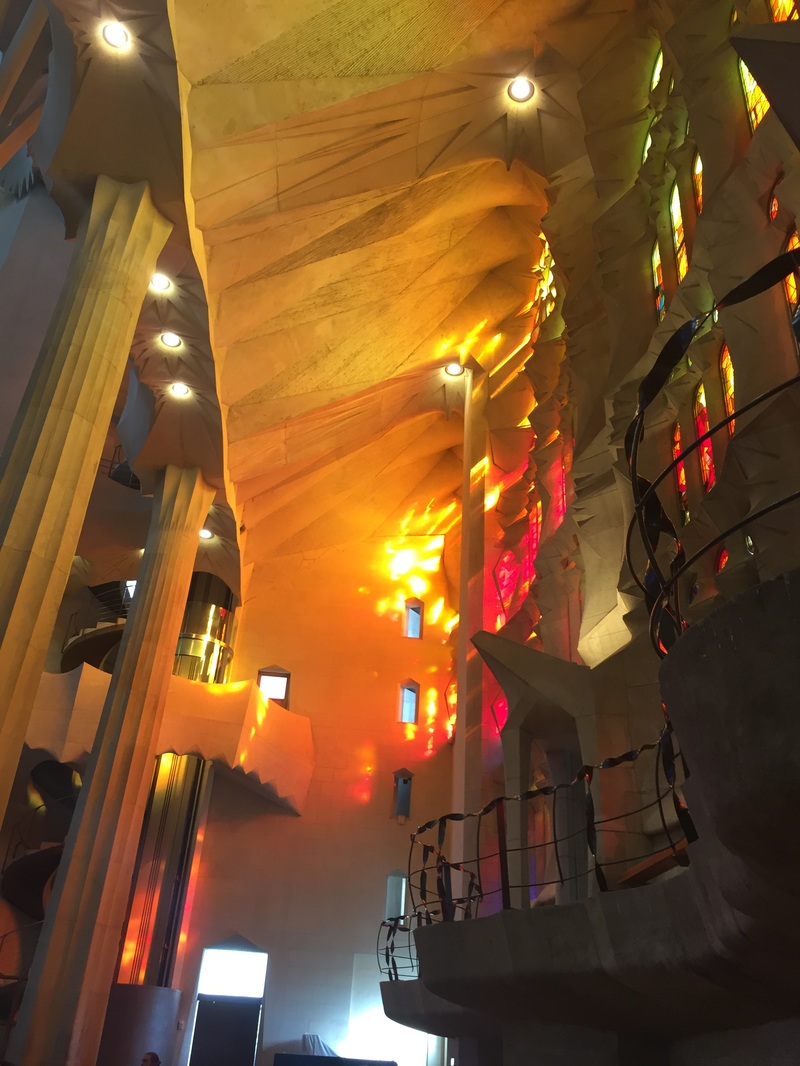
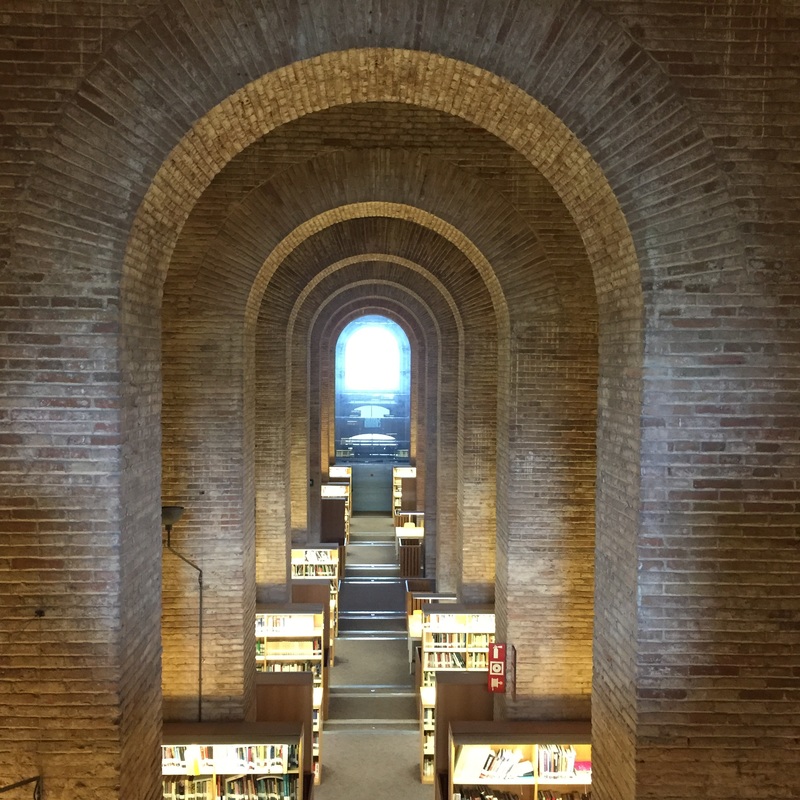
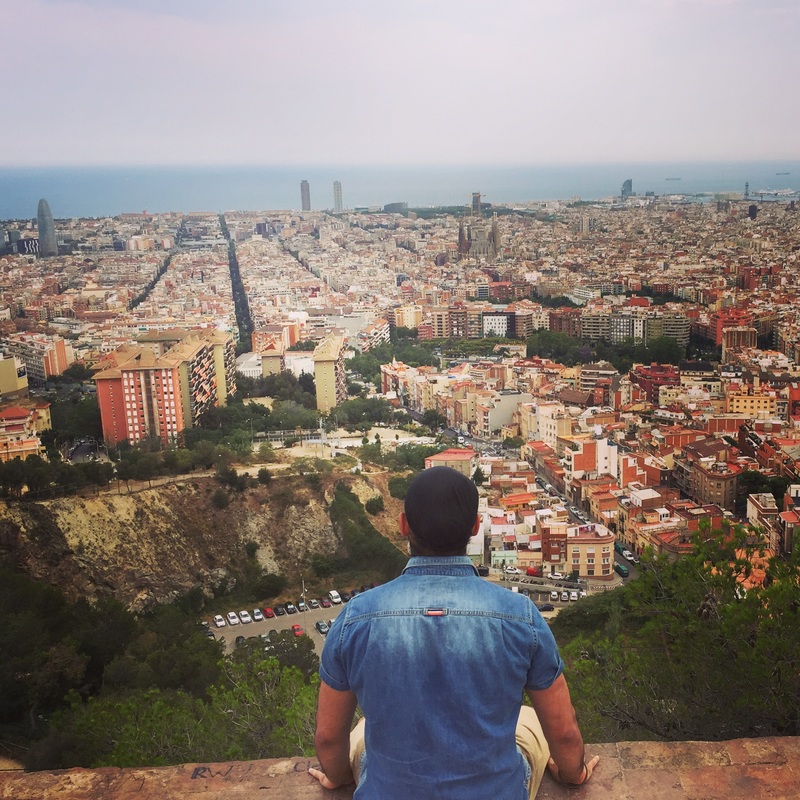
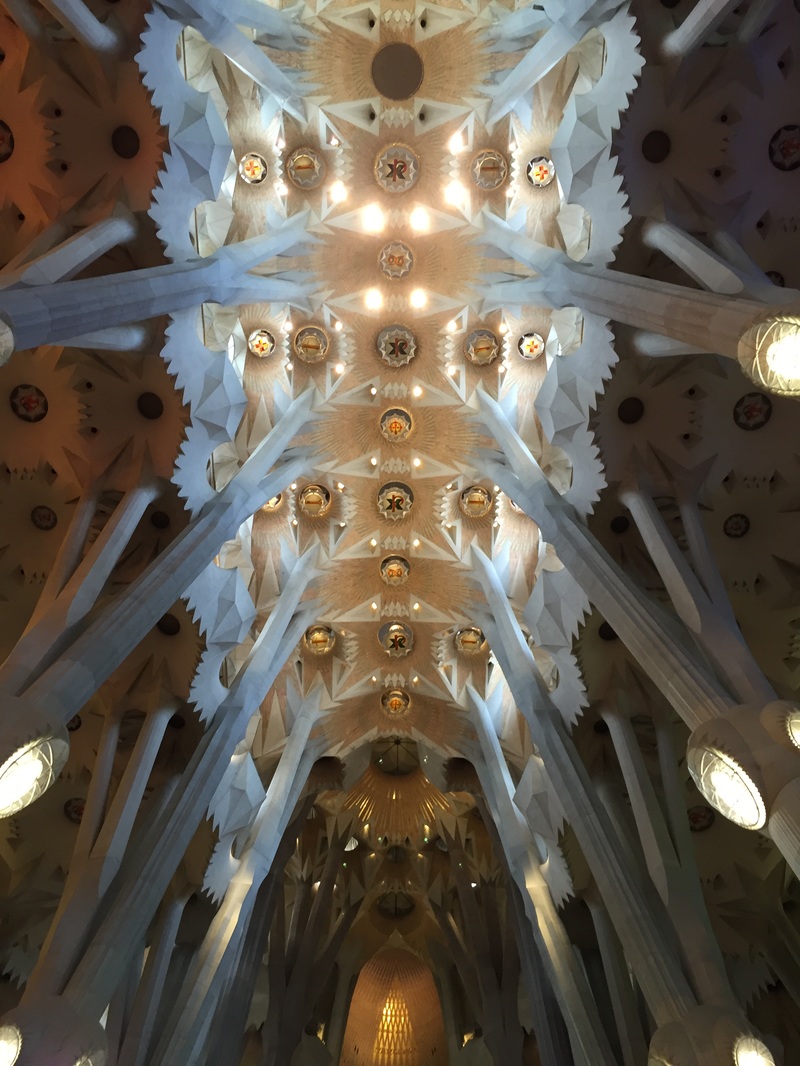
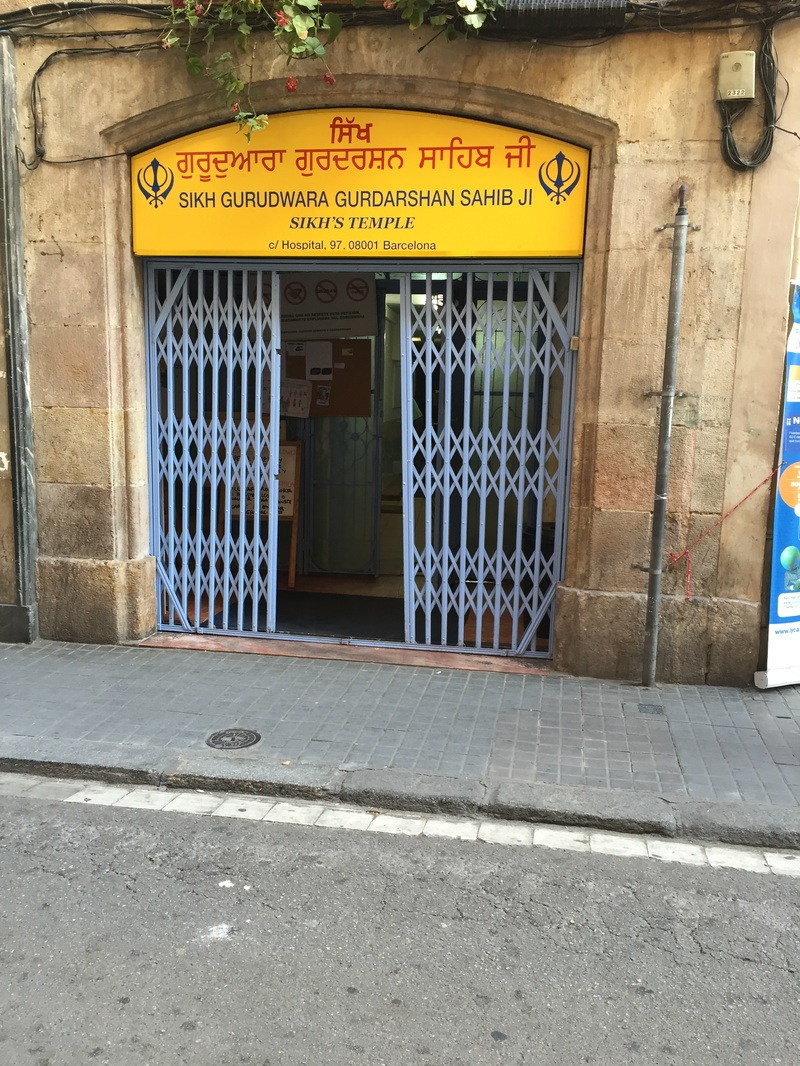
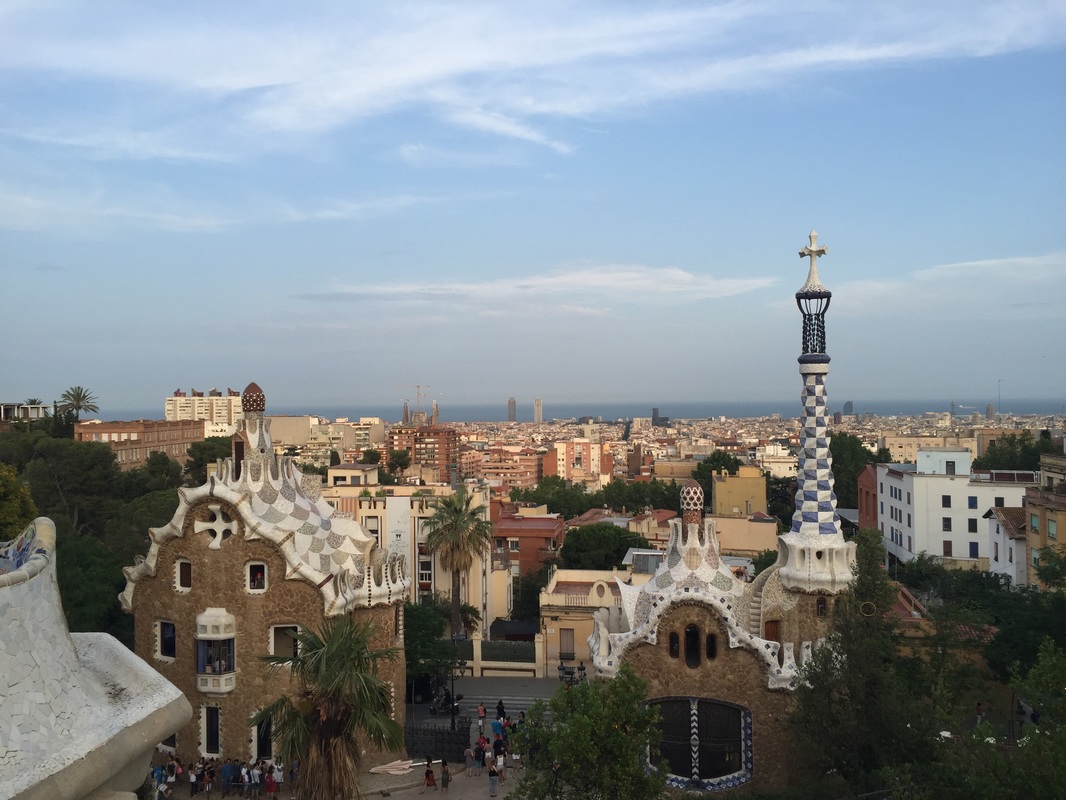
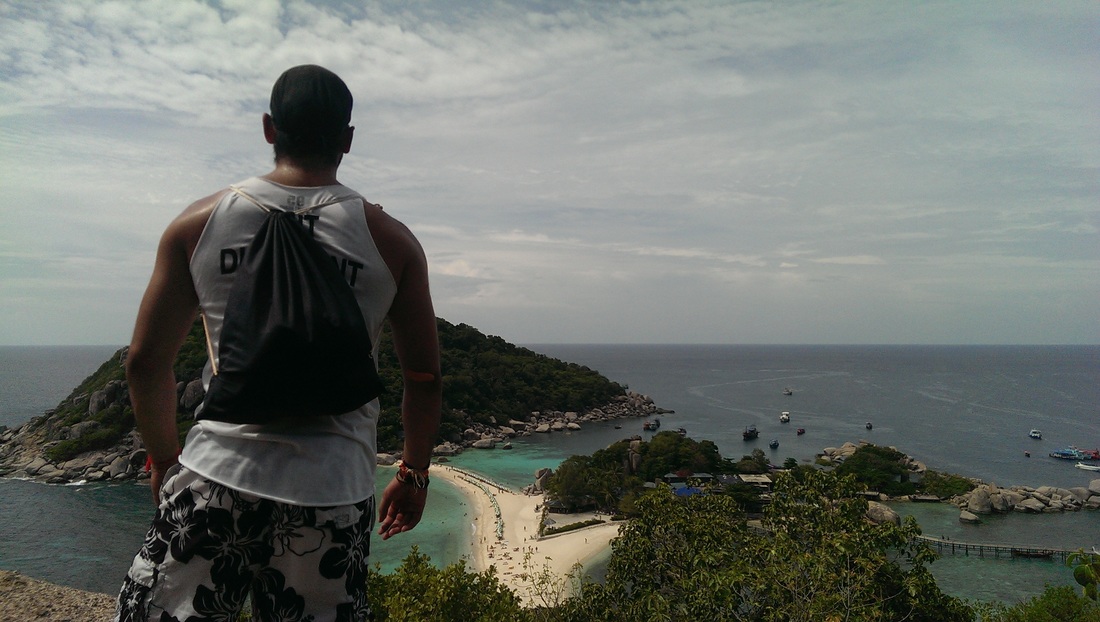
 RSS Feed
RSS Feed